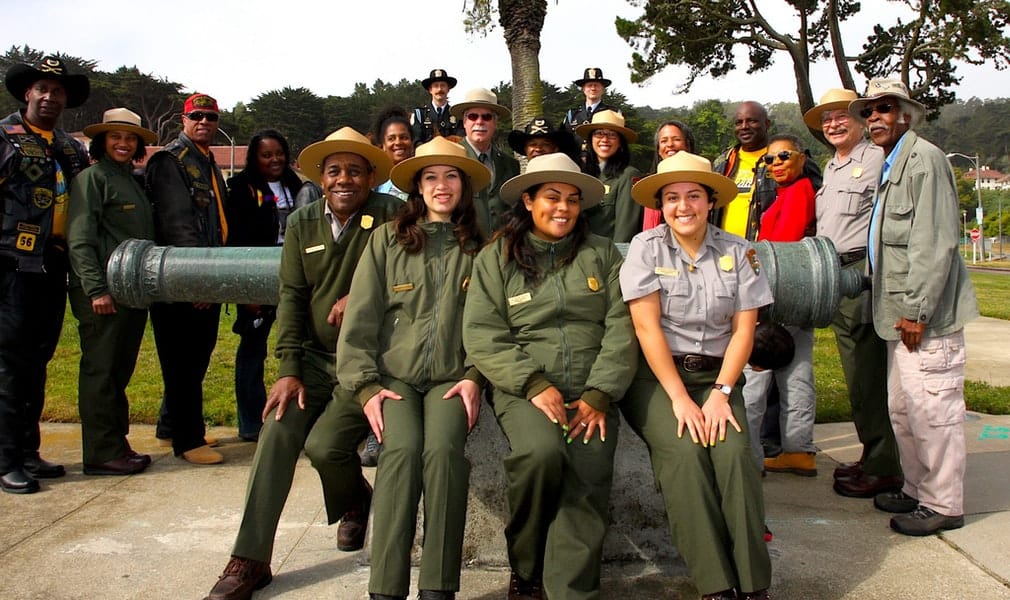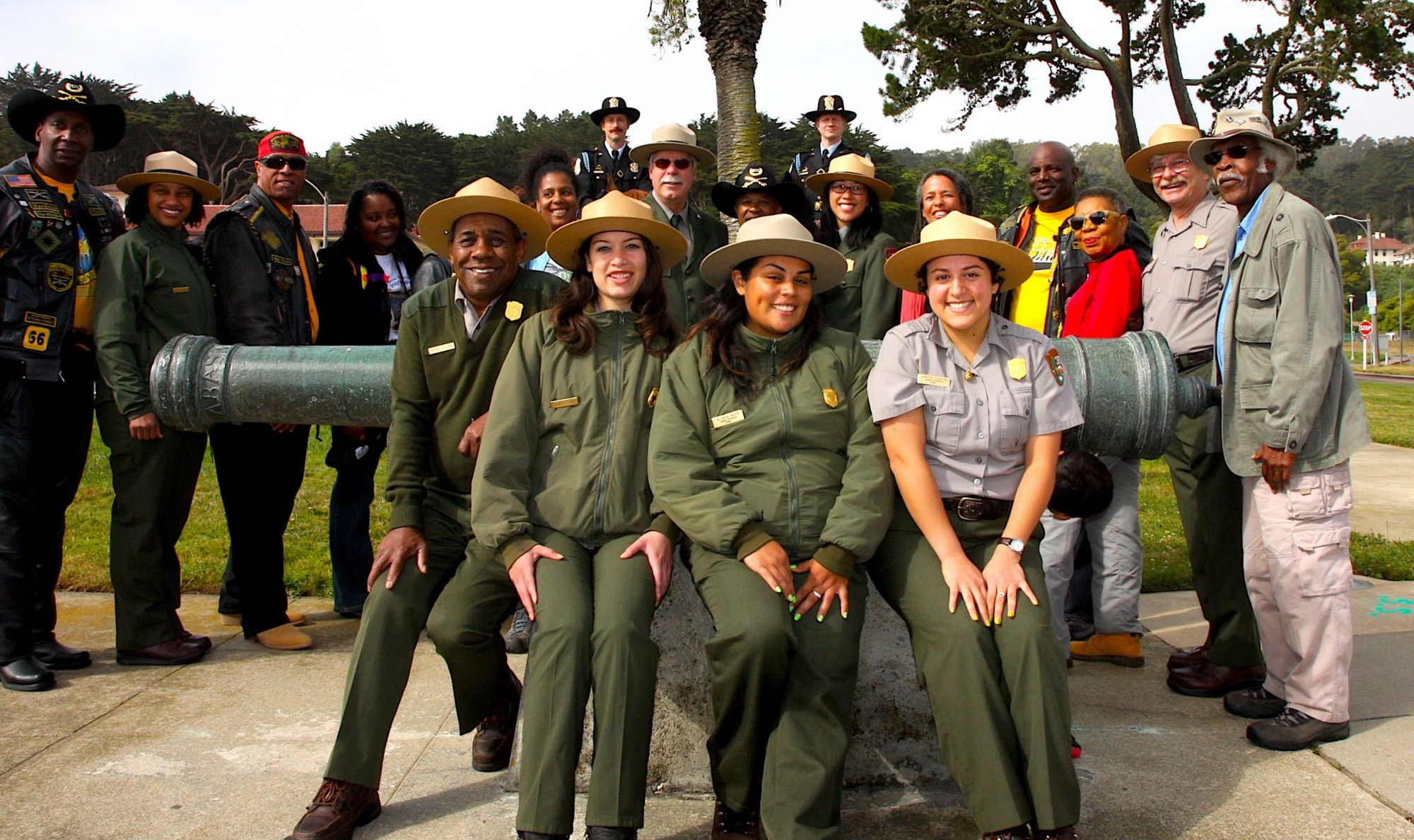In Praise of Civil Servants
They're not "The Deep State," but American citizens who choose to serve others

Today’s US national election feels a little personal, as it involves a President who has infringed on so many rights and norms, and whose debasement of the civil service has been reckless and annoying.
My Dad was a civil servant. My grandfather was a civil servant. My Mom was a civil servant, both at the state and federal levels. So every time I hear someone disparage or denigrate civil servants, I bristle. When I hear of politicians changing laws so they can intimidate civil servants, it makes me angry. When I hear civil servants called “The Deep State” by the putative head of the Executive Branch, I know we’re off the rails.
My grandfather served in the Army in WWI, in France. Coming home to Denver, he married my grandmother, bought a small bungalow in the Bonnie Brae neighborhood, and went to work for the US Forest Service as an engineer and surveyor. He became one of the lead engineers of the first auto roads built in two national parks during the 1920s — Yellowstone and Grand Teton. A scenic overlook in the Tetons — with great views and, who would have guessed, reliable cell service — required him going to the mat to get it done, or so the family story goes. You’ve probably driven on roads he helped design and build.
My Dad fudged his age so he could get into WWII early as a Navy Seabee in the South Pacific. Returning home, he used the GI Bill to get a college degree, and then joined the US Forest Service as a park ranger in Yellowstone before taking a job in the Department of the Interior. He met my Mom in Denver, where she was working as a clerk in the Capitol of the State of Colorado. They married, and over the next couple of decades, they served postings in Los Angeles, CA; Juneau, AK; Washington, DC; Monticello, UT; Montrose, CO; and Salt Lake City, UT. His work helped to preserve major portions of the wilderness in Utah, California, Alaska, and Colorado — lands many of us have enjoyed for decades via mountain bikes, rafts, canoes, skis, boats, and hiking boots.

My Mom was born in Milwaukee, the daughter of German immigrants and the oldest of five. She left Milwaukee for Denver after winning $450 in a radio contest. She found a secretarial job with the State of Colorado. In Washington, DC, she got a job as a typist with the White House and met President Eisenhower at social events. It was a career pinnacle for her.
Working in the civil service should be a point of pride. These jobs have created social mobility and service opportunities for decades and decades. Watching the testimony of the excellent civil servants called forth in the most recent impeachment hearings reminded me of how generally superb the US civil service is, across the board. The little things they do every day add up to a lot of convenience, safety, and ambient confidence for us all. It’s not glamorous work, and they know it. It’s service to the nation.
Attacks on civil servants in the sciences — from Anthony Fauci to the scientists and employees at the FDA, CDC, USDA, OSTP, EPA, and beyond — are especially damaging and repugnant. Attacks on civil servants in the intelligence community are downright dangerous.
Disparaging the civil service has been one of the easiest ways to divide us — to portray fellow citizens working to enact federal or state policies or programs as “the government,” “The Deep State,” or a wall of uncaring bureaucrats. In my experience, civil servants accomplish good things, and are mission-centric, very ethical, law abiding, highly professional, and proud to serve a cause larger than themselves — their country via our government.
As we vote, or contemplate this election, let’s remind ourselves that civil servants are fellow citizens who devote their professional abilities to enhance our lives and strengthen the nation in subtle and often underappreciated ways.
Thank you, civil servants. May we all show you the respect you deserve.